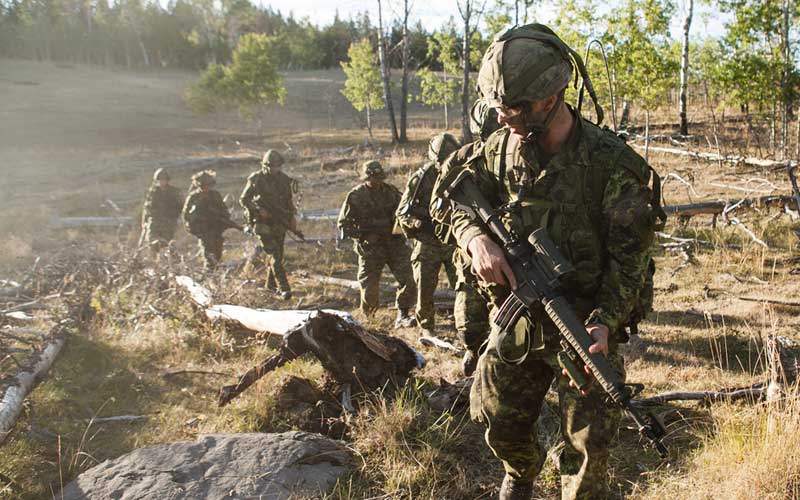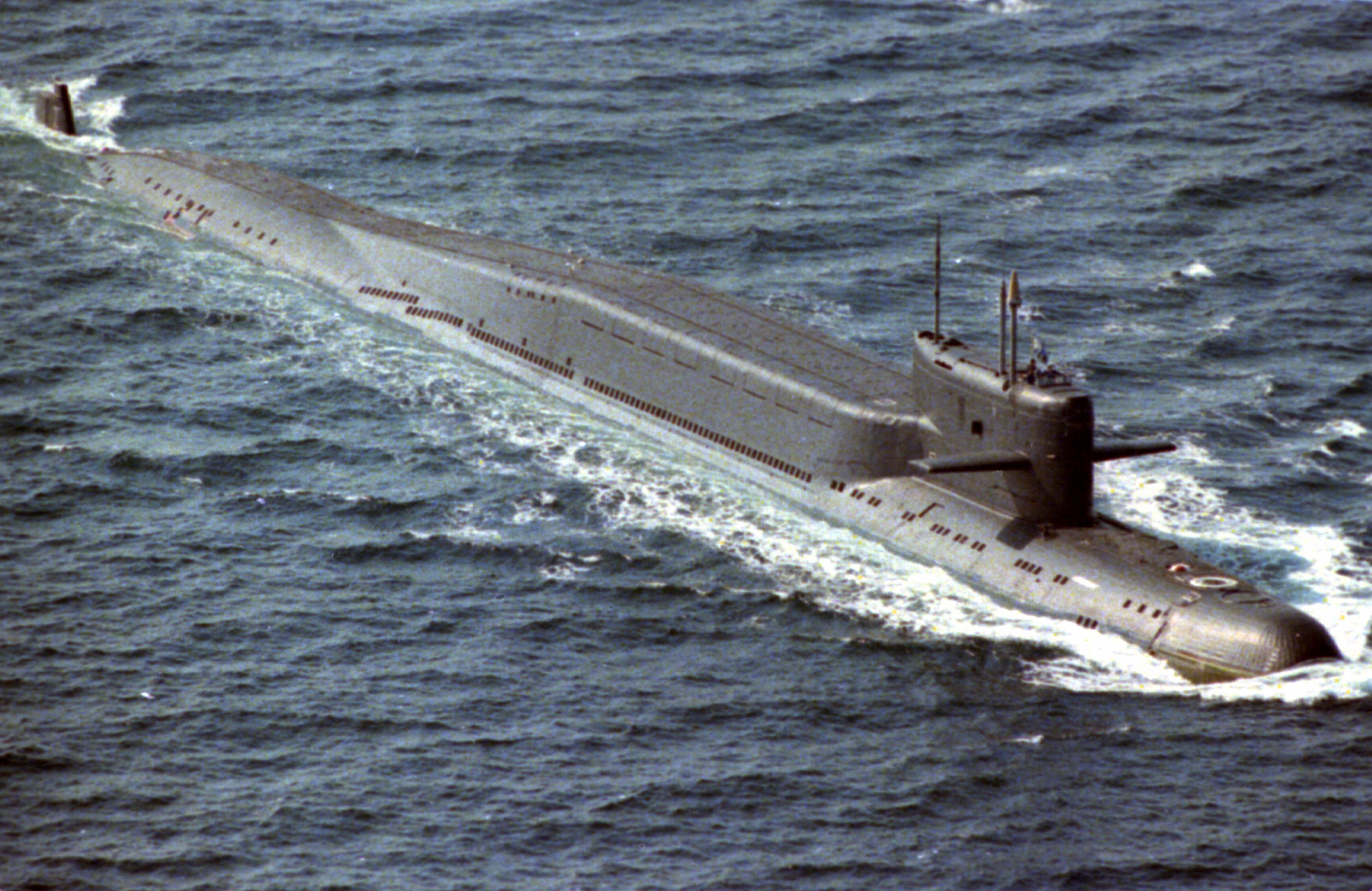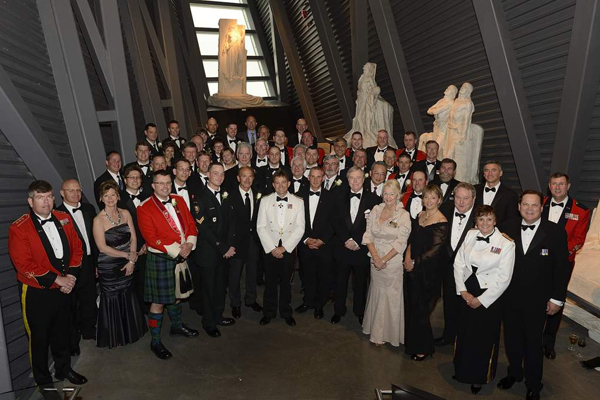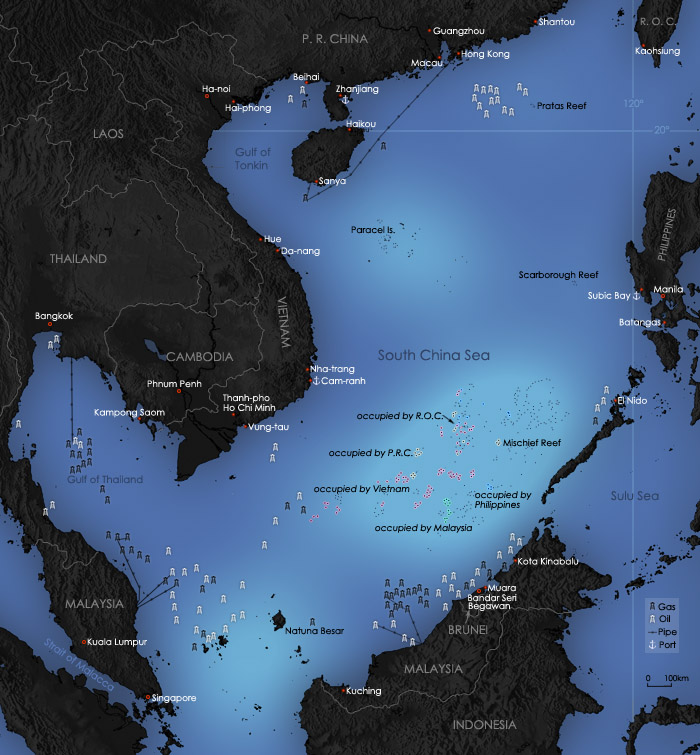The Canadian Reserve is a component of the Canadian military which is not engaged in full time permanent military activity. Its members are citizen-soldiers who give weekends or summers to the military when they are not in school or working. Reservists comprise an important part of the Canadian military by assisting to provide for Canada’s security in a time of crisis. Reservists also have the option of taking on full time missions on a temporary basis when the regular force cannot meet the needs of Canadian security. Canadian reservists represent approximately 20% of the Canadian force in Afghanistan. The Canadian reserves have also been called on for domestic emergency response. For example, they were instrumental in providing flood relief to Quebec and Manitoba in 1998.
The Reserve Force has 4 components:
1. The Primary Reserve has 6 components.
Army Reserve: This force fills the regular army’s need for additional forces in international or domestic operations. There are 143 units in 177 cities or towns.
Naval Reserve: The Navy trains individuals and teams to have the skills to expand the Regular Naval Force based on their “One Navy” strategy. In addition to training, naval reservists form port security teams, diving units and staff the Maritime Coastal Defense Vessels.
Air Reserve: This force is closely integrated with the Regular Air Force; they work side by side and receive the same level of training. Air Reservists survey and control Canadian airspace, assist in worldwide airlift of Canadian Forces personnel and materials, perform search and rescues and humanitarian operations.
Canadian Special Operations Forces Command Reserve: This is a reserve force of commanders capable of responding to terrorist threats or threats of another nature such as chemical, radiological, biological or nuclear. They are trained to have a high readiness capacity and engage in military diplomacy
Health Services Reserve: 1 700 health professionals serve either in the Canadian Field Hospital in Ottawa or Field Ambulances. They are trained to be integrated into the Regular Canadian Armed Forces Health Service, provide services to the reserve troops and provide community outreach.
Judge Advocate General Reserve: This force includes 63 legal officers who provide military legal advice both in Canada and on missions abroad.
2. The Supplementary Reserve: These are former members of the Regular and Reserve forces who do not actively train, but can be called on for duty in an emergency.
3. The Cadet Organization and Training Service: These are commissioned Reserve officers who are responsible for the safety, supervision and administration of training cadets aged 12-18 enrolled in the Cadet training program.
4. The Canadian Rangers: The Rangers are reservists in sparsely populated regions of the country who cannot be conveniently or economically organized into other units. They provide the Canadian Forces with important local knowledge.
Classes of Service within the Primary Reserve
Class A: These reservists serve for short periods with a maximum duration of 12 consecutive calendar days. They serve at least four evenings and at least one weekend each month. They are paid 85% of what their regular force counterparts make.
Class B: These reservists serve 13 or more days in a temporary full time capacity in Canada and are also paid 85% of what their regular force counterparts make. Reservists were called on to fill many domestic roles as the Regular Force was deployed in Afghanistan.
Class C: These reservists serve full time in a Regular Force position; they are deployed in domestic or international operations and are paid the same as Regular Forces.




